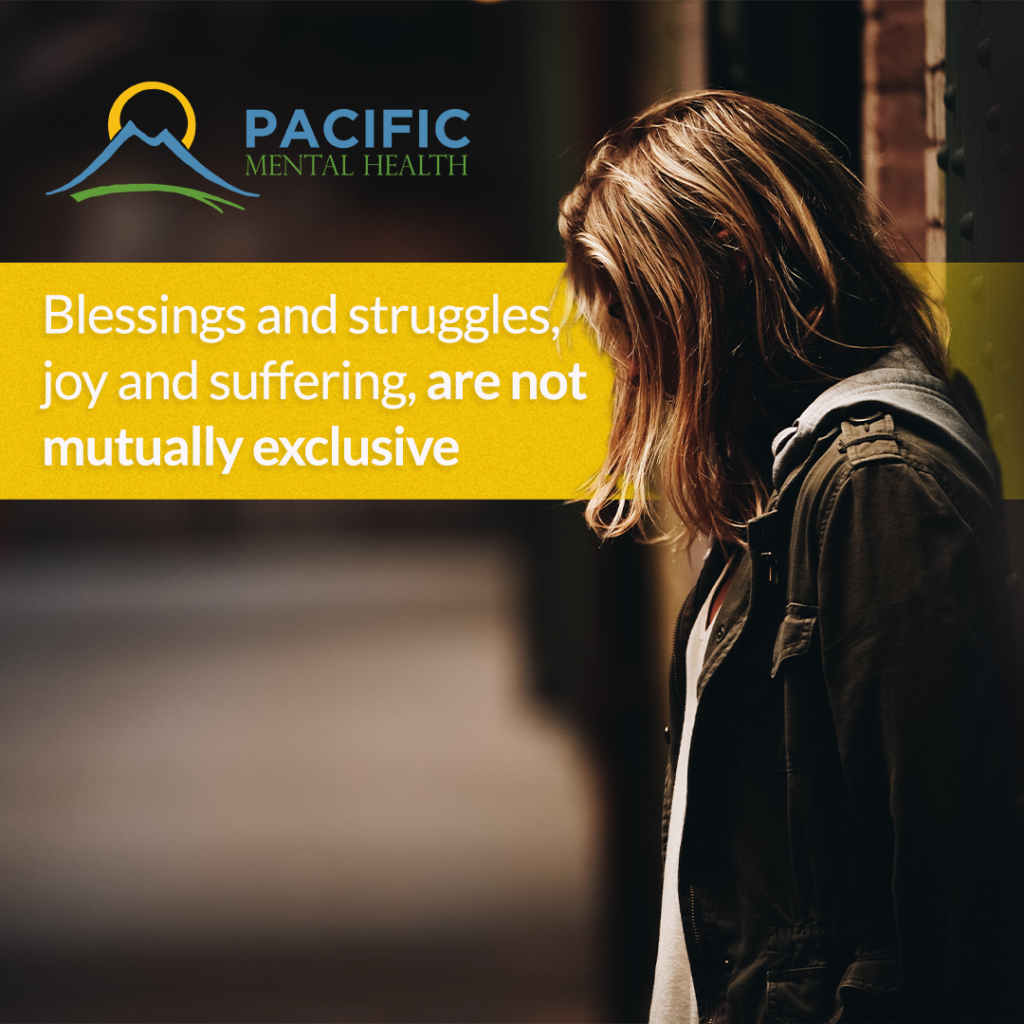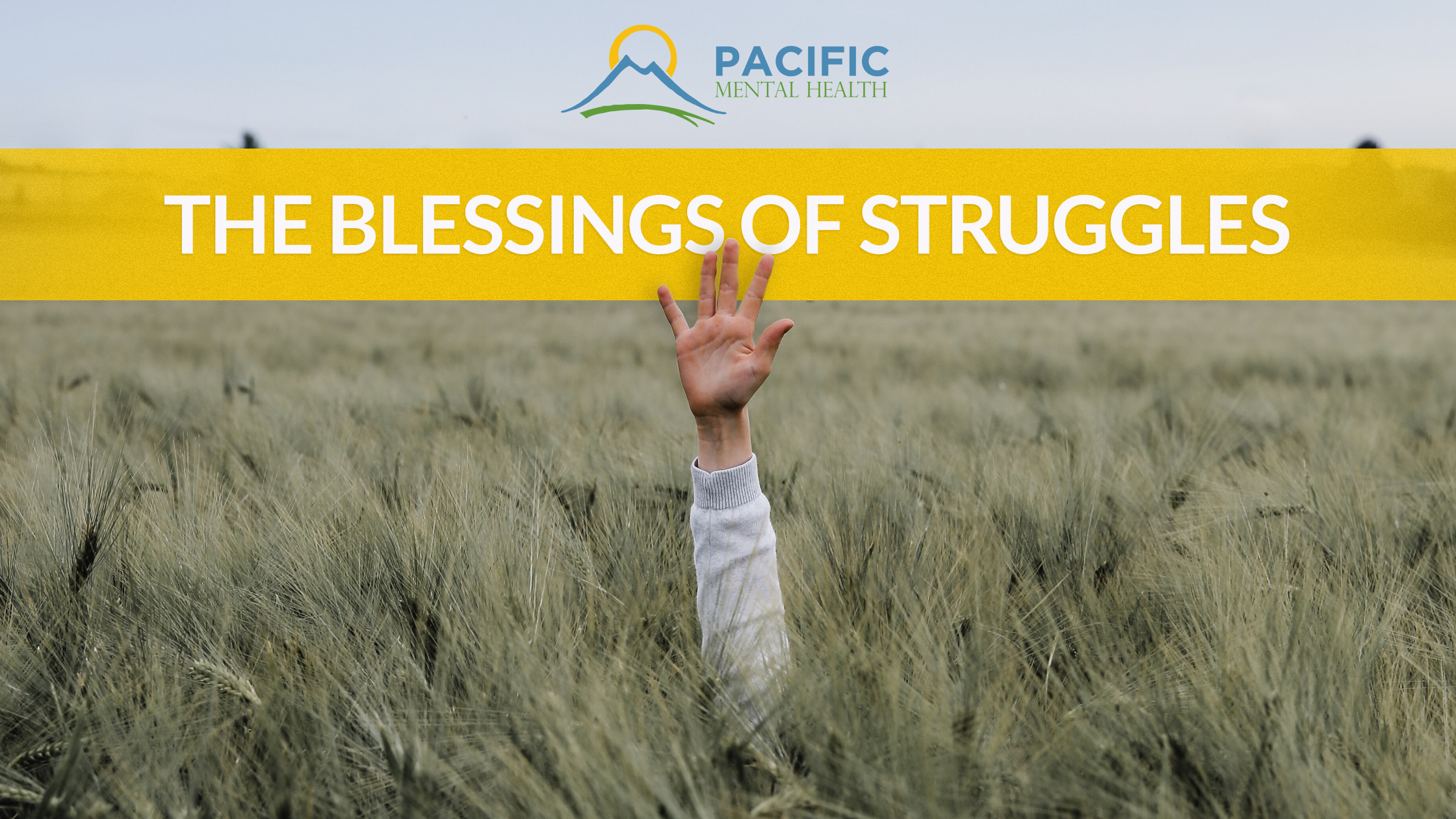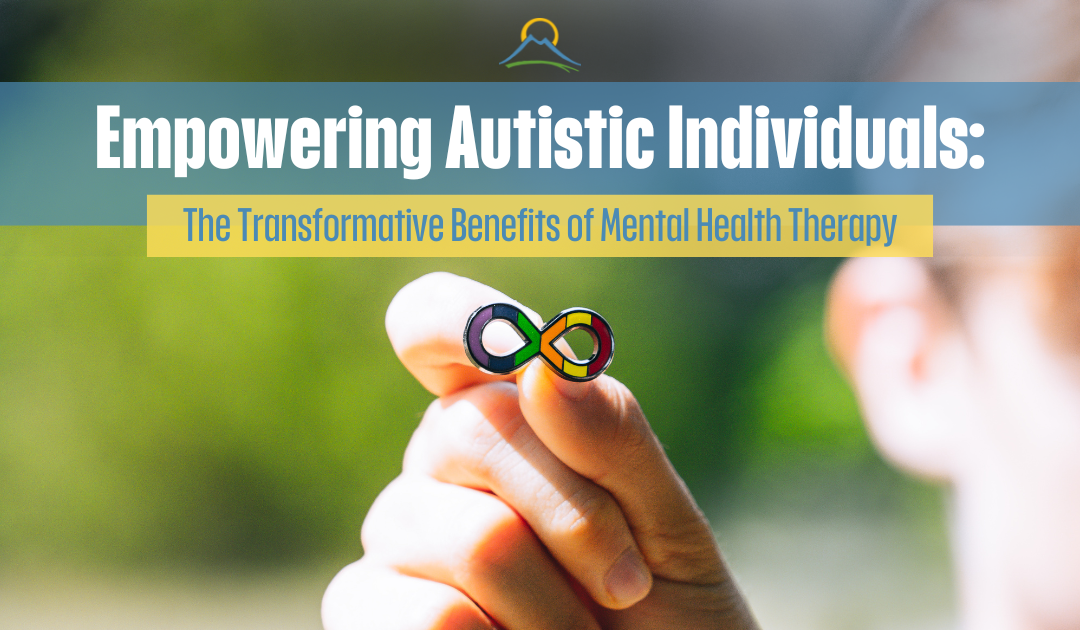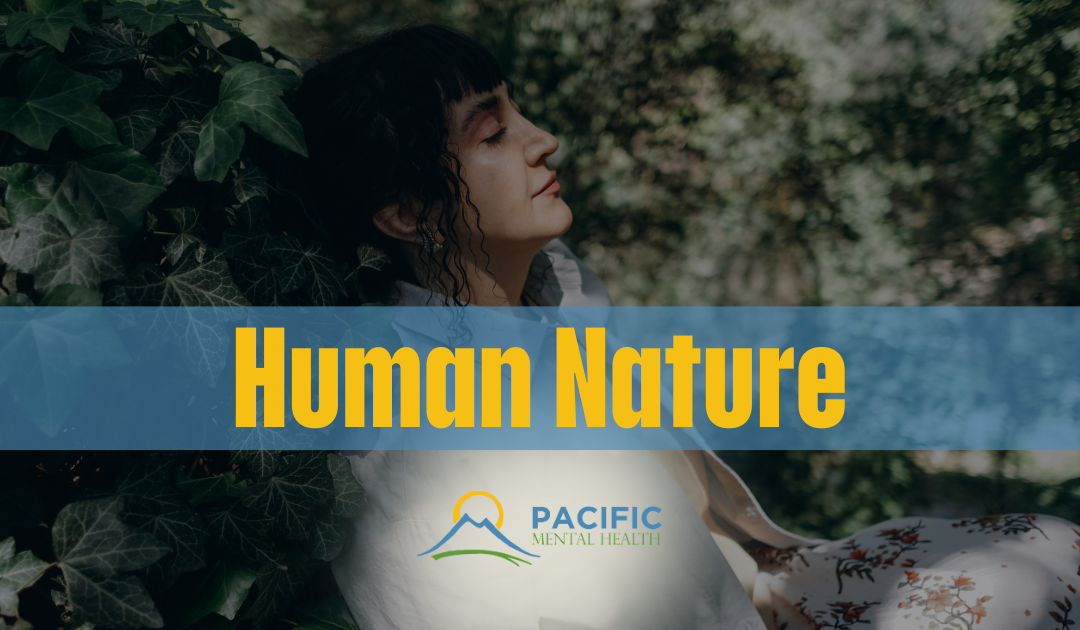“Your joy is your sorrow unmasked. And the selfsame well from which your laughter rises was oftentimes filled with your tears. And how else can it be? The deeper that sorrow carves into your being, the more joy you can contain.”
Kahlil Gibran, The Prophet
My grandpa will turn 100 this coming February, and has lived an extraordinary life. One of the most fascinating things about him is that he is a polyglot — he speaks, reads or writes in almost 20 languages, including some of the most obscure and difficult languages in the world, like Basque and Hungarian. Most remarkably, he is self-taught! His linguistic ability has granted him immense opportunities to know, experience, and learn about a myriad of other cultures. He had unique access to people, which allowed him to develop life-changing personal and professional relationships across the globe in which he has been able to impact the educational opportunities and well-being of others. These rich experiences afford him a deep wisdom and understanding of the world that he has passed on to others.
I believe one of the greatest gifts of any struggle is that we develop an increased capacity for compassion and empathy towards others.
What is also true is that his capacity to learn languages was born out of hardship. Born in Florence, Italy, he was the only child of an astronomer whose circle of professional colleagues included scientists like Albert Einstein, Thomas Edison, and Enrico Fermi. His mother was extremely strict, very intelligent, and militant about his education. My grandpa was surrounded by intellect, but not a lot of warmth and love. His mother was particularly insistent on making him learn new languages. At the tender age of 6, she woke him up one day and suddenly announced, “No more speaking Italian! I will no longer be speaking to you until you speak to me in German!” She was completely serious, and punished him harshly when he failed. This went on for two or three years, with a new language required every few months. Like many young children who adapt under great relational duress, my grandpa found clever ways to keep himself in his mother’s good graces, and to prevent the severing of a tenuous connection. He began reading familiar and well-loved books in other languages and translated them all by himself! Pretty soon he became proficient, and could readily meet the demands at hand.

As you can imagine, their relationship continued to be fraught with hurt and loss. For a mother to stop speaking with her son is traumatic, but especially at such a young age when a child’s brain is highly dependent on her attunement, the use of language, and positive interactions for developing healthy relational capacities and an ability to learn. It’s also true that while my grandpa faced significant hardship in these formative years, this struggle also became a place out of which his gifts could grow and shine and ultimately, impact others for good.
Everyone faces trials and struggles, some more severe than others. Even currently, we are all living in the midst of a pandemic, and as a result are experiencing various degrees of trauma and loss. I also know that some have found unexpected blessings in such a dark and uncertain time. Maybe you are a parent with a full social calendar that was eliminated by quarantine, and you have found new rest and joy in the extra time with family at home. Or perhaps the pandemic means you are suddenly unemployed and have no idea how you will continue to pay the bills. My position is not to minimize or dismiss the reality of our current or past experiences, but rather to honor how our goodness, gifts, and blessings are often interwoven with hardship and loss. Blessings and struggles, joy and suffering, are not mutually exclusive, as the opening poem so eloquently states.
I believe one of the greatest gifts of any struggle is that we develop an increased capacity for compassion and empathy towards others. We are able to use our own experiences with pain to allow others to feel validated and less alone in theirs. We may communicate understanding with words, but sometimes the most powerful form of compassion and empathy is just to listen well and be present with. Our ability to do this is grown through our own trials. Ironically, it is often our struggles that bring the greatest blessings to others, and as a result, their lives become a blessing in our own.
Most of us can not speak Basque, but out of our struggles we can develop the healing language of compassion, empathy, and love.
About the author – Therapists at Pacific Mental Health have shared their experiences and expertise writing articles for our blog.
Schedule your first appointment with one of our mental health professionals.





0 Comments